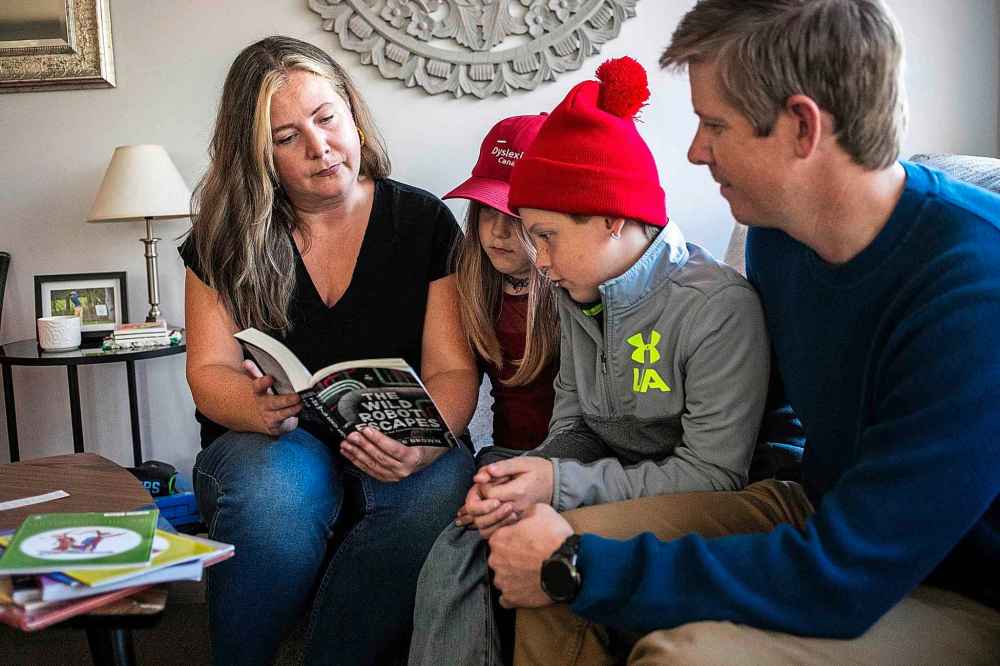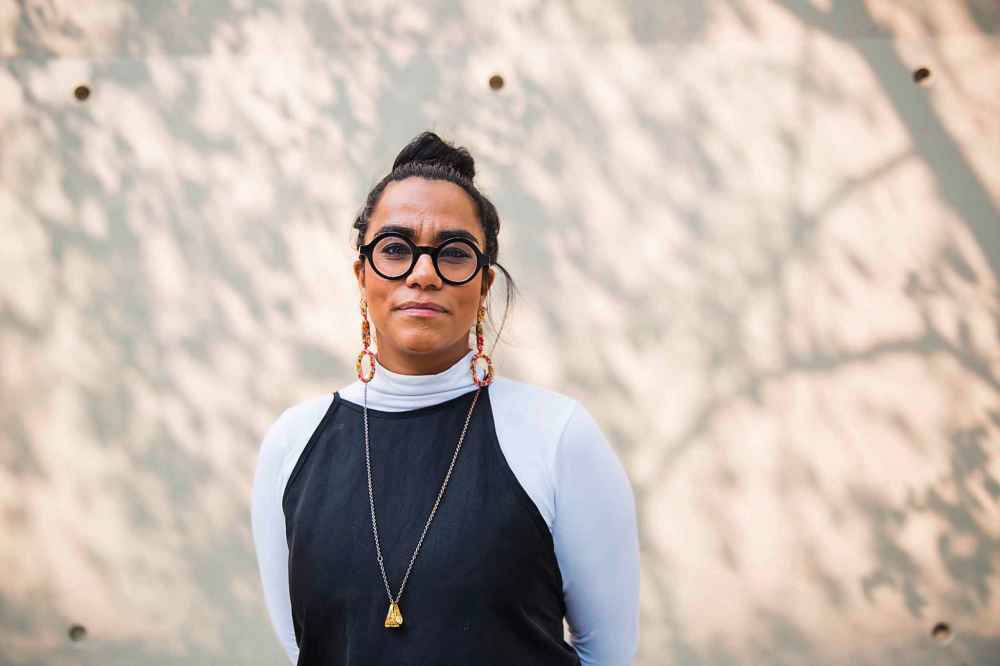Probe into literacy one of human rights commission’s top priorities
Announced in 2022, Manitoba project has been delayed repeatedly, frustrating parents, educators
Advertisement
Read this article for free:
or
Already have an account? Log in here »
To continue reading, please subscribe:
Monthly Digital Subscription
$0 for the first 4 weeks*
- Enjoy unlimited reading on winnipegfreepress.com
- Read the E-Edition, our digital replica newspaper
- Access News Break, our award-winning app
- Play interactive puzzles
*No charge for 4 weeks then price increases to the regular rate of $19.95 plus GST every four weeks. Offer available to new and qualified returning subscribers only. Cancel any time.
Monthly Digital Subscription
$4.99/week*
- Enjoy unlimited reading on winnipegfreepress.com
- Read the E-Edition, our digital replica newspaper
- Access News Break, our award-winning app
- Play interactive puzzles
*Billed as $19.95 plus GST every four weeks. Cancel any time.
To continue reading, please subscribe:
Add Free Press access to your Brandon Sun subscription for only an additional
$1 for the first 4 weeks*
*Your next subscription payment will increase by $1.00 and you will be charged $16.99 plus GST for four weeks. After four weeks, your payment will increase to $23.99 plus GST every four weeks.
Read unlimited articles for free today:
or
Already have an account? Log in here »
Hey there, time traveller!
This article was published 16/01/2025 (353 days ago), so information in it may no longer be current.
The Manitoba Human Rights Commission’s probe into the struggles of students with reading disabilities is moving ahead, despite years of delays participants say have added to their frustration and suffering.
Executive director Karen Sharma told the Free Press that both stakeholder and public consultations have been postponed in recent months due to “other pressing priorities, including an unexpectedly busy litigation agenda.”

“We are behind but pressing forward and the completion of this project is one of our top priorities for 2025,” Sharma said in an email, in which she noted she has been away on leave.
The commission is conducting focused engagement sessions and plans to host public meetings this winter, she added.
Neither Manitoba Education nor other key stakeholders, including the Manitoba Teachers’ Society or Manitoba School Boards Association, knew about the status of the overdue inquiry into literacy education as of Wednesday.
“It is strange. This has fallen off of everyone’s radar,” said Karen Velthuys, executive director of the Learning Disabilities Association of Manitoba.
While noting her team has yet to be consulted on the matter, she said she was unsure if the initiative was ongoing.
The commission announced the “special project” — a local spinoff of Ontario’s 2019 Right to Read — during Dyslexia Awareness Month in October 2022.
Surveys seeking feedback from students, caregivers and teachers were released the following spring. Subsequent consultations have been delayed repeatedly. The original plan was to draft recommendations to better support struggling readers and improve overall instruction by the end of 2023.

“Teachers and families are at a point where they need help from someone outside the system because the system itself is broken,” said Carrie Wood, a teacher, mother and dyslexia advocate.
Wood recalled that she graduated in 2012 from the University of Winnipeg — with English as her major subject area of expertise — without ever having been explicitly taught how to teach students to read.
Simply put, there are two overarching approaches to reading instruction. One prioritizes decoding words systematically and putting sounds together. The other, which has come under scrutiny in recent years, focuses on word meaning, context clues and exposing learners to interesting texts.
“When my own child was struggling, I didn’t know how to spot the red flags or, more importantly, how to help them. Instead, I ended up on a mental health leave and sadly, my story is not unique,” Wood said.
“Children, teenagers, young adults and families all over this province are dealing with the repercussions of illiteracy and I had hoped that our voices would finally be heard.”
In her role as president of the Manitoba Reading Association, Wood said she has heard from parents and educators about their disappointment surrounding the initiative and how its been handled.
She counted at least three times she unsuccessfully sought a status update from the commission in 2024. The uncertainty has caused further harm to families, Wood said.
Two other teachers — who asked their names not be printed, citing a fear of retribution — said they had given up on the project. One said the poor communication surrounding an initiative led by a rights-focused organization has become unprofessional.
Ontario’s Right to Read concluded its public schools were failing to use evidence-based approaches to teach children to read and ensuring all graduates were literate.
The Saskatchewan Human Rights Commission released a similar report in 2023 that identified local issues related to insufficient screening of struggling learners, inconsistent accommodations and long waits for professional assessment.
As far as Wood is concerned, Manitoba-specific recommendations are needed as soon as possible.
Saskatchewan’s project began in response to a 2020 complaint brought forward by 29 families with children that had been professionally diagnosed with dyslexia. The Manitoba commission received dozens of reports related to gaps in local literacy education around the same time.
maggie.macintosh@freepress.mb.ca

Maggie Macintosh
Education reporter
Maggie Macintosh reports on education for the Free Press. Originally from Hamilton, Ont., she first reported for the Free Press in 2017. Read more about Maggie.
Funding for the Free Press education reporter comes from the Government of Canada through the Local Journalism Initiative.
Every piece of reporting Maggie produces is reviewed by an editing team before it is posted online or published in print — part of the Free Press‘s tradition, since 1872, of producing reliable independent journalism. Read more about Free Press’s history and mandate, and learn how our newsroom operates.
Our newsroom depends on a growing audience of readers to power our journalism. If you are not a paid reader, please consider becoming a subscriber.
Our newsroom depends on its audience of readers to power our journalism. Thank you for your support.
History
Updated on Thursday, January 16, 2025 6:39 AM CST: Adds photos
Updated on Thursday, January 16, 2025 12:43 PM CST: Minor change to wording



